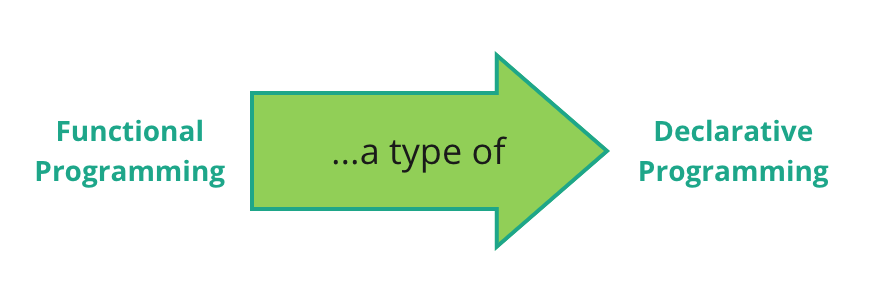When is functional programming used?
Programming Paradigm Concepts

Eleanor Thomas
Senior Data Analytics Engineer
Applications of functional programming
- Machine learning, deep learning, artificial intelligence
- Analyzing and processing large datasets
- Data engineering applications (e.g. in Scala and Clojure)

Example of functional programming
def process_data(raw_data):
processed_data = raw_data
... further processing steps here! ...
return processed_data
- Function takes input data stored in
raw_data - Function creates new variable for output data, called
processed_data - Function performs some consistent set of steps to further process the data
- Function returns
processed_data
Pros and cons of functional programming
PROS
- Easier to read and debug pure functions
- Easier to test pure functions
- Fewer unexpected consequences in the code
- Pure functions are highly reusable from project to project
- Can run different functions in parallel to make code faster
CONS
- Tricky to get used to thinking in this paradigm, can feel limiting: "side effects" (writing to files, etc.) are most of what we want to do in programming
- Fewer experts, tools, frameworks exist for functional programming
- Steeper learning curve and fewer educational resources
- Larger memory usage limits applications
Functional programming and declarative programming
- Functional programming is a type of declarative programming
- Declarative programming: tell the computer what to do, not how to do it
- Functional programming is just one type of declarative programming
- Programmer tells the computer what functions to execute, not the exact steps to follow

Let's practice!
Programming Paradigm Concepts

